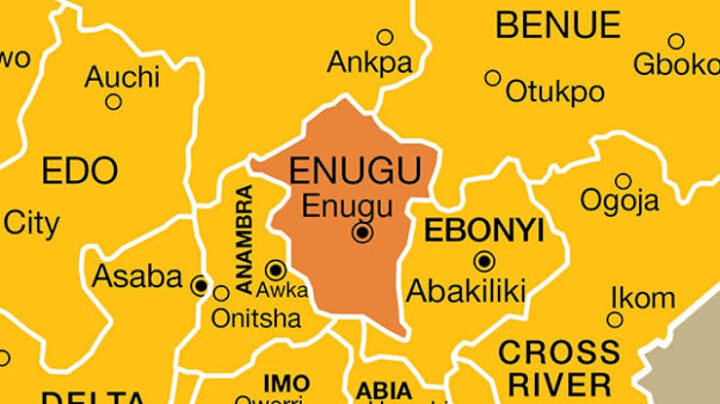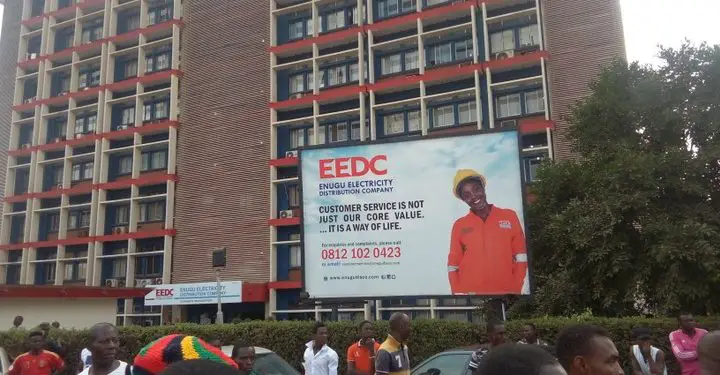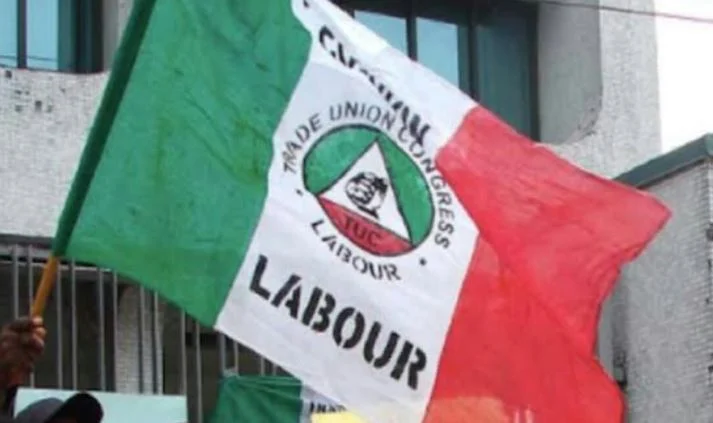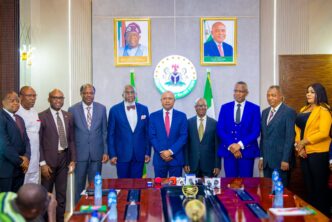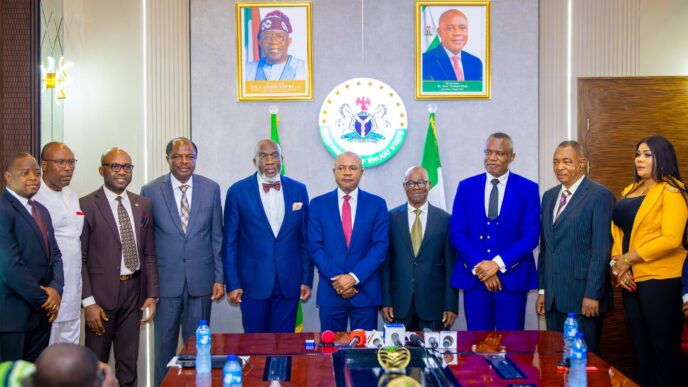Osita Okoro, an Abuja-based lawyer, has petitioned the National Human Rights Commission (NHRC).
Okoro is accusing the Enugu state government of contravening legal procedures in its plans to demolish the Ogige market in Nsukka LGA.
The state government had recently issued a demolition notice to shop owners. The government said it plans to site a modern transport terminal in the area.
The move is being resisted by stakeholders worried about the economic implications of the demolition.
Advertisement
In the petition addressed to the executive secretary of NHRC, Okoro who petitioned on behalf of Law Hub Development & Advocacy Centre, a non-governmental organisation, described the planned demolition as inhumane, ill-timed, and capable of driving the people into greater poverty and economic deprivation.
“Law Hub is deeply concerned about the planned demolition of Nsukka Ogige Market in Nsukka LGA of Enugu State by agents of the Enugu State Government (ENSG) and the negative socio-economic implication on the lives of the people of Nsukka in light of the present economic and social challenges being experienced by the people,” the petition reads.
He accused Peter Mbah, Enugu governor, of arbitrary abuse of power.
Advertisement
He said Mbah is “hiding behind the Land Use Act 2004 to forcefully evict the traders, but failed to adhere to the procedures provided by the Act”.
“This executive move by the state government is an arbitrary abuse of power and against the tenets of the Constitution, the Land Use Act, national and international human rights standards for three reasons,” the petition stated.
“The Land Use Act 2004 is a significant piece of legislation in Nigeria that regulates the tenure and administration of land.
“Although the Land Use Act grants the governor of a state significant authority to administer and control land within its borders, it does not explicitly authorise the demolition of buildings.
Advertisement
“It is pertinent to state the powers of the governor to revoke rights of occupancy are not left unchecked. A revocation of rights of occupancy must comply with certain laid down requirements before such revocation can be clothed with validity.
“These requirements include purpose, valid notice to occupiers of intention to revoke, and adequate compensation and resettlement of occupiers.”
The petitioner further questioned the purpose of the planned revocation and demolition of the market, arguing that the stated reason for the demolition was not in the interest of the public.
“Section 28 (2) and (3) of the Act provides that revocation of a right of occupancy for public purposes, mining, or hydrocarbon pipelines, among other things, are considered overriding public interests,” he said.
Advertisement
“The supreme court in the case of Messrs Singoz & Co. (Nig.) Ltd. v. U.M. Co. Ltd. (2022) 18 NWLR (Pt. 1862) 203 held :“… overriding public interest in the case of a statutory right of occupancy means the alienation by the occupier by assignment, mortgage, transfer of possession, sub-lease, or otherwise of any right of occupancy or part thereof contrary to the provisions of the Act or of any regulations made thereunder; or the requirement of the land by the government of the state or by a local government in the state, in either case for public purposes within the State, or the requirement of the land by the government of the federation for public purposes of the federation.”
He also contended that the state government erred in law by failing to pay compensations to the affected traders and prayed that the NHRC should take all necessary legal and policy steps to prevent the Enugu state government from its threat to demolish the market.
Advertisement
He also urged the human rights body to adopt and issue guidelines to help or assist state governors understand the legal, social, and economic implications of demolitions and forceful evictions.
Advertisement
Add a comment
